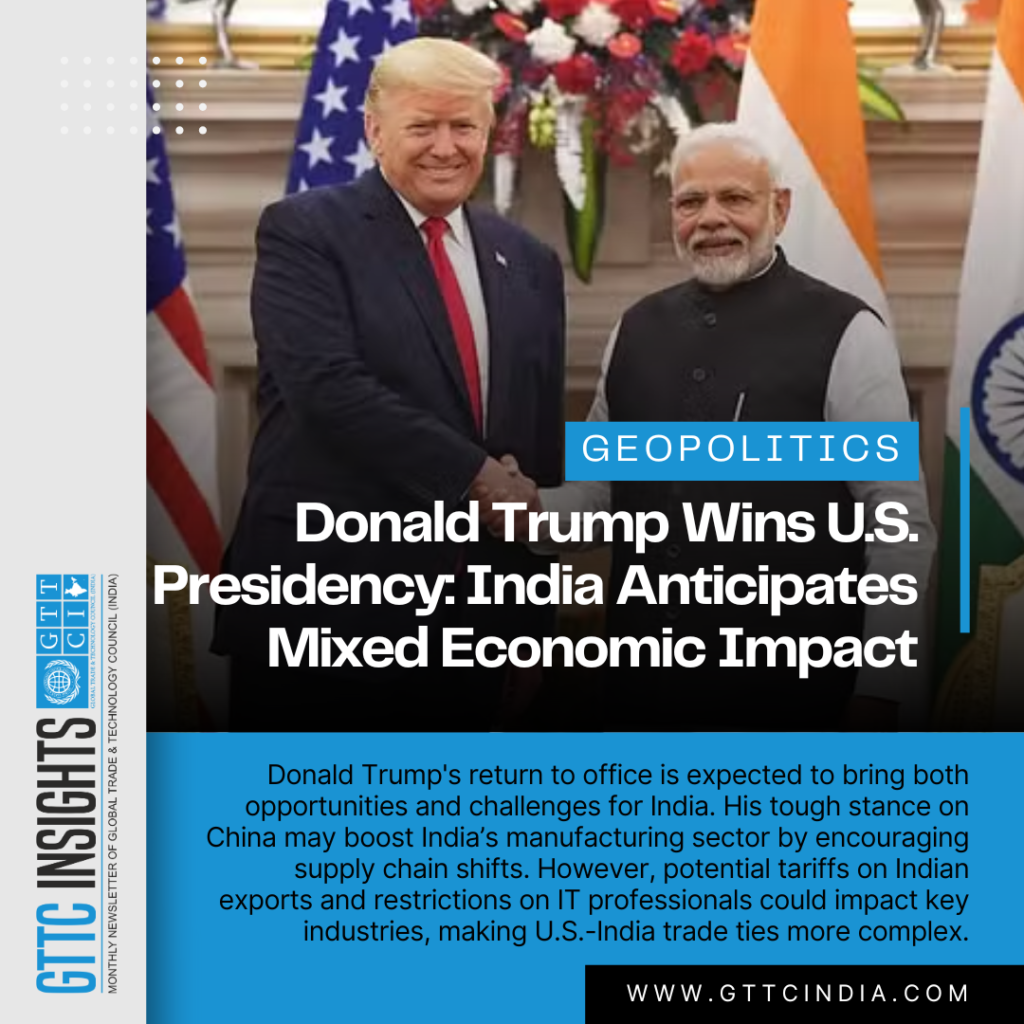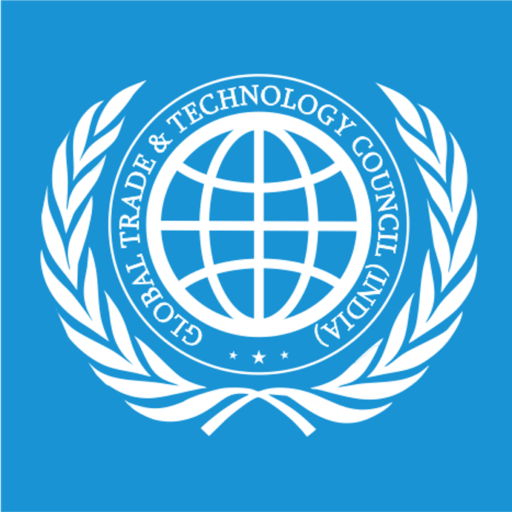
The Potential Impact of a Donald Trump Election Victory on India
As the world watches the outcome of the closely contested U.S. Presidential election, with Donald Trump and Kamala Harris in a tight race, discussions are growing around the potential impacts on global economies, particularly in Asia. For India, a Trump victory could usher in a complex mix of opportunities and challenges, reflecting shifts in U.S. trade policy and its influence on global markets.
Strengthening India’s Role as an Alternative to China
One of the notable effects of a Trump win could be the reinforcement of his tariff-driven trade stance against China. Adrian Mowat, an investor based in Hong Kong, suggests that this approach might offer India a unique opportunity. Under the Trump administration’s previous tenure, tariffs on Chinese goods drove companies to diversify supply chains, moving manufacturing bases away from China to other nations, including India. This shift aligns well with India’s “Make in India” initiative, which aims to position the country as a global manufacturing hub. If Trump continues to target Chinese imports, India could gain further traction as a viable manufacturing alternative, benefiting from a potential inflow of foreign investment.
Trade Barriers: A Double-Edged Sword for India
However, this dynamic does not come without potential drawbacks. Mowat cautions that Trump’s hardline tariff policies could extend beyond China and impact other trading partners, including India. Indian exports, particularly in sectors like textiles, pharmaceuticals, and automotive parts, could face higher tariffs, potentially decreasing India’s competitiveness in the U.S. market. Moreover, India’s high-tech service exports, especially in the information technology (IT) sector, may also face scrutiny. Trump’s “America First” policy includes measures to support domestic employment, which may lead to restrictions on the hiring of Indian IT professionals in U.S.-based companies, a key area for India’s economy and its growing technology sector.
Investment Trends and Market Reactions
Amid the anticipation, Wall Street analysts predict that a clear election outcome, regardless of the winner, could spur a year-end rally in stock markets, with the S&P 500 Index already showing a 21% gain this year. Notably, investor sentiment in favor of a Trump victory has been reflected in betting markets, with some experts estimating a 75% chance of his success. Arvind Sanger, managing partner at Geosphere Capital Management, echoes Mowat’s view on the positive trade outlook for India. Sanger believes that with a Trump administration, heightened tariffs on China would naturally benefit India, as U.S. firms may increasingly seek Indian markets and manufacturing bases as alternatives to China.
Economic and Monetary Policy Concerns
Ed Yardeni, president of Yardeni Research, points out that while a strong U.S. economy could drive growth, its positive impact may not fully extend to emerging markets. Rising bond yields in the U.S., currently at 4.4% compared to 3.65% in mid-September, could lead to tightened monetary policy conditions, making borrowing more costly for emerging economies like India. This environment might create headwinds for India’s equity markets, given the existing economic challenges in emerging markets and the tightening of liquidity.
Sectoral and Investment Implications
Drew Pettit, Director of U.S. Equity Strategy at Citi, highlights that a Trump-led policy shift may promote diversified sectoral growth within the U.S., potentially encouraging American investors to explore international opportunities, including India. This trend aligns with recent moves by U.S. investors to broaden their portfolios and look beyond domestic markets. An increase in international investments could benefit India’s market diversification efforts, inviting new capital inflows across sectors such as renewable energy, defense manufacturing, and financial technology.
Conclusion: A Crossroads for India-U.S. Economic Relations
A second Trump presidency could significantly impact India’s economic landscape, creating new avenues for trade while posing challenges to certain industries. India may benefit from a continued U.S. trade pivot away from China, potentially gaining a stronger foothold in global manufacturing. However, the potential for tariffs on Indian goods and restrictions on IT services remain key concerns. For India’s policymakers, navigating this relationship will be essential to maximize economic gains while minimizing risks to critical sectors.
As the election outcome unfolds, the Indo-U.S. trade and investment dynamics could take a new turn, reinforcing India’s role in the global economy while challenging it to balance opportunities with strategic resilience.


